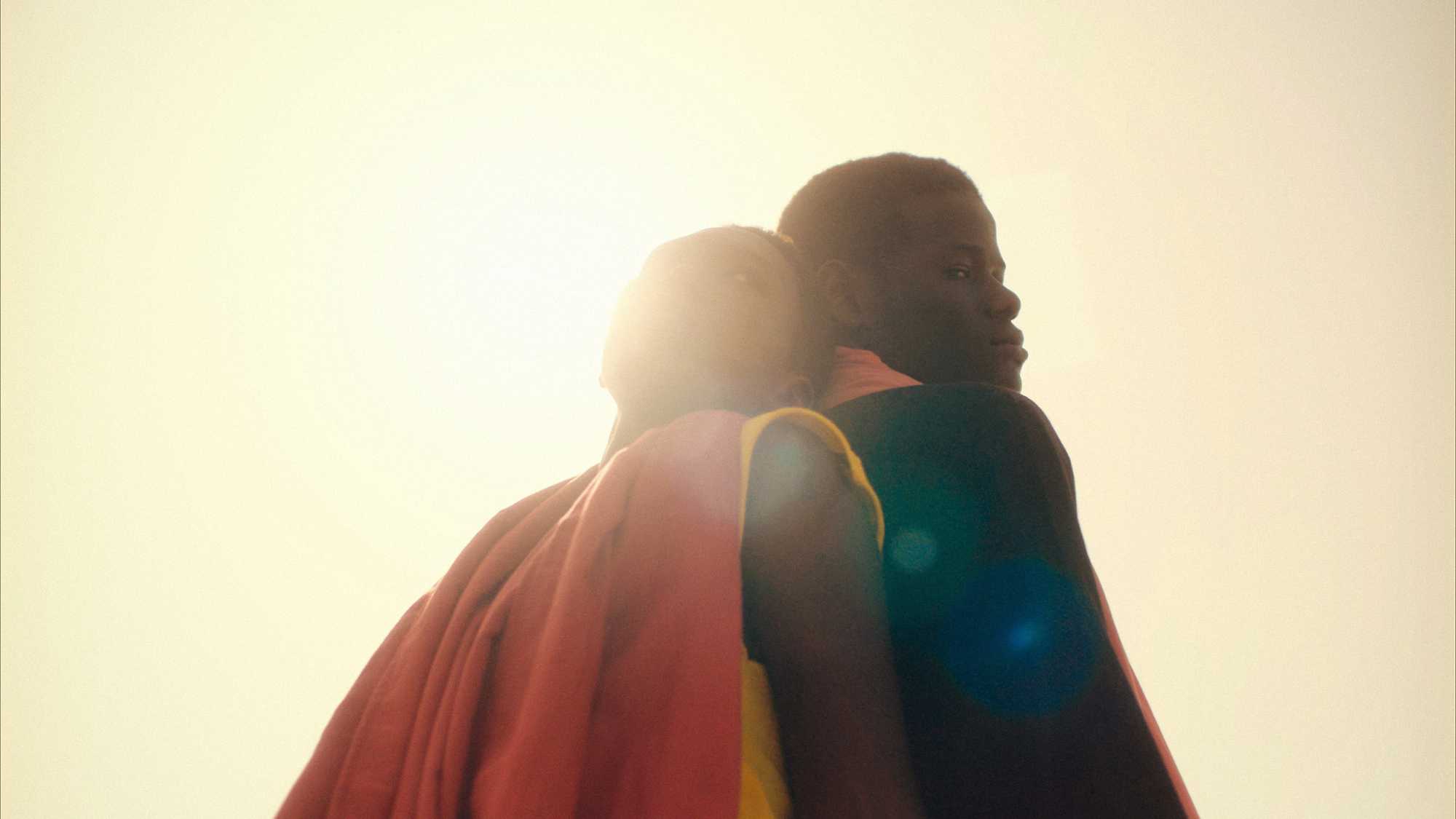First-time director Ramata-Toulaye Sy’s visually striking African fable depicting a clash between love and duty in a remote Senegalese village, premiered in Competition at Cannes.

It’s a striking debut… especially as it revolves, with graceful poetry around the inner experiences of such a curious, unknowable woman.
Screened as part of NZIFF 2023
Banel & Adama 2023
Banel et Adama
| Jul 27 | | ||
| Jul 28 | | ||
| Aug 04 | |
The only first-time director screening at this year’s Cannes Competition, Ramata-Toulaye Sy reveals a powerful new voice in her dramatically arresting African fable about two star-crossed lovers.
“Banel dreams of living with Adama in a house in the dunes. These dune houses are submerged in sand and progress to dig them out is Banel’s measure of how close they are to happiness. Yet, traditions in this small Islamic village threaten to stall their scheme. Adama is next in line to be village chief. When he refuses the role and does not turn up to prayers, his failure to do so, and by extension his romance with Banel, is held responsible when a drought persists, causing livestock and, eventually, people to die.
The greatest accomplishment here is there is no primacy between one version of events or another. Banel isn’t so much an unreliable narrator as she is the star of a fever dream where symbolism and reality meld. This being so—perhaps the villagers are right, perhaps her relationship with Adama did prevent the rains from falling, perhaps love is a selfish force that puts one at a remove from collective needs. Sy does not provide a definitive interpretation, conducting her images at a level of opaque remove, letting the dramatic emotions and weather conditions set a temperature of their own mysterious making.” — Sophie Monks Kaufman, Indiewire
“Sy and [Khady] Mane show that Banel is not a simperingly demure Juliet figure: she is fierce and pugnacious with a violent streak. She likes killing things with stones flung from a catapult, and when she uses this weapon to kill a songbird there was a gasp of disbelief from the audience I was in. Wonderfully photographed and vehemently acted… this is an impressive piece of work from a natural film-maker.” — Peter Bradshaw, The Guardian